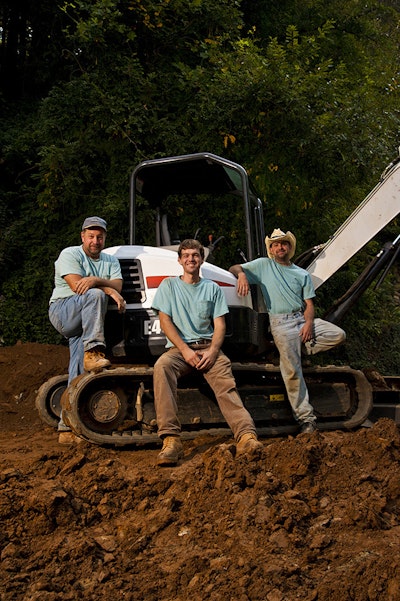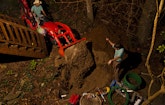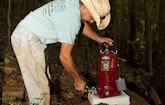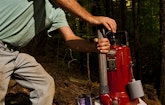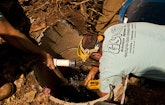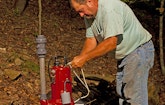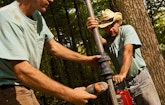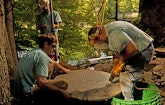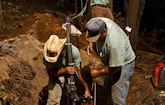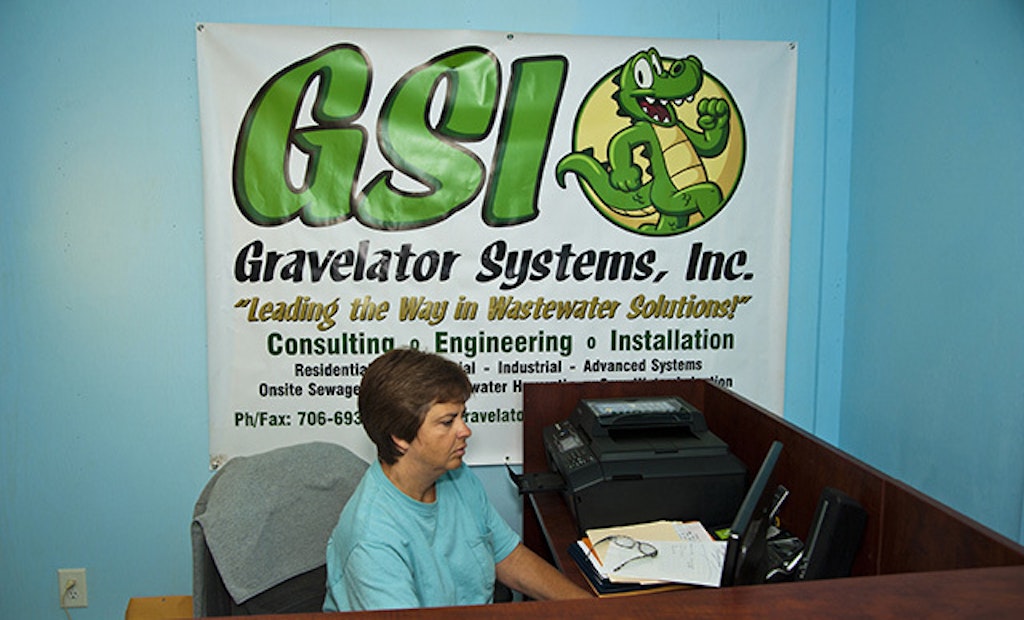Harold Kilgore dislikes the word "can't," and has spent the last 12 years proving it through his solution-driven company, Gravelator Systems. The small family-run business in Talmo, Ga., opened in 1997 and specializes in designing and installing systems for sites classified as...
Miracle Worker
A Georgia installation company has built its solution-driven reputation on creating systems for problem lots previously deemed unusable.
Popular Stories
Discussion
Comments on this site are submitted by users and are not endorsed by nor do they reflect the views or opinions of COLE Publishing, Inc. Comments are moderated before being posted.
